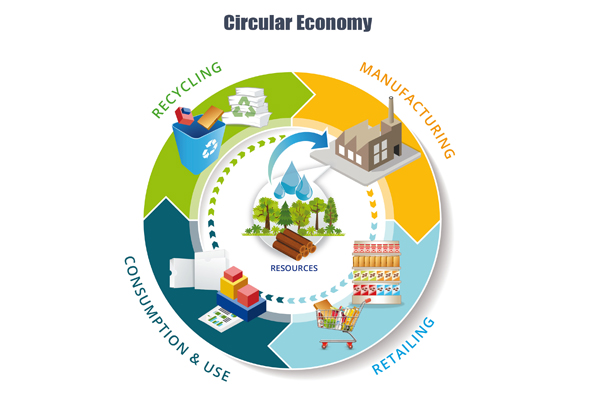EU governments approve new rules on waste
13 March 2018
EU ambassadors have given their support to the provisional agreement reached between the Estonian presidency and the European Parliament last December on new waste rules.
Four legislative proposals are included in the EU’s waste package, which looks at landfilling targets, waste recycling targets, packaging recycling targets and goals for all extended producer responsibility schemes.
The proposals were originally tabled by the European Commission in December 2015 and make up the legislative core of the EU’s circular economy package.
EU ambassadors have backed the Parliament’s proposals for member states to recycle 60% of their municipal waste by 2030 and 70% of all their packaging by 2030. These targets are 5% short of the original waste and packaging goals set by the Commission in 2015. Under the new waste rules, all authorities will be obliged to measure recycling rates at input to the last recycling process.
The agreement will also see stricter requirements for the separate collection of waste, reinforced implementation of the waste hierarchy through economic instruments and additional measures for member states to prevent waste generation.
From 1 January 2025, member states will be required to separate collection for textiles and for hazardous waste from households. In addition, they have to ensure that by 31 December 2023, biowaste is either collected separately or recycled at source.
Now that the rules have been formally approved, the new legislation will be submitted to the Parliament for a vote and then to the EU Council for final adoption.




